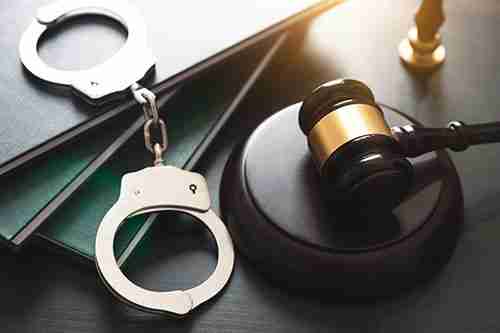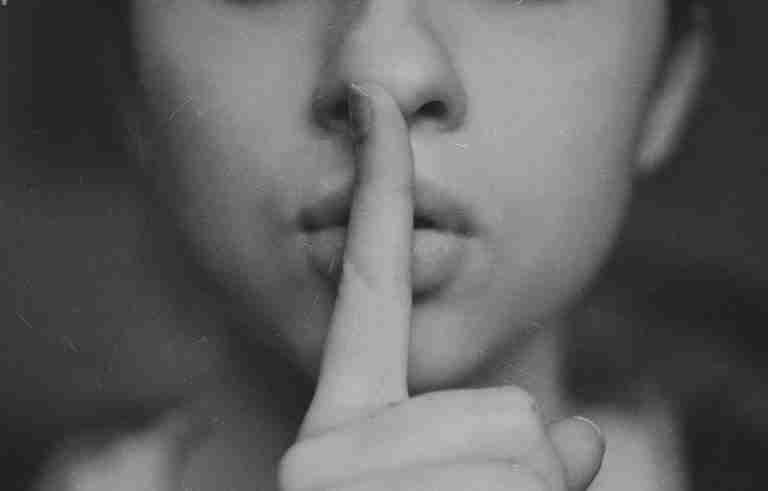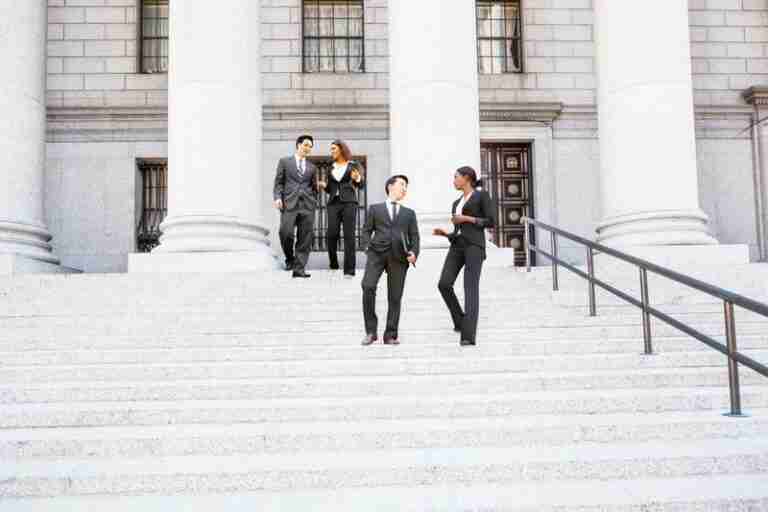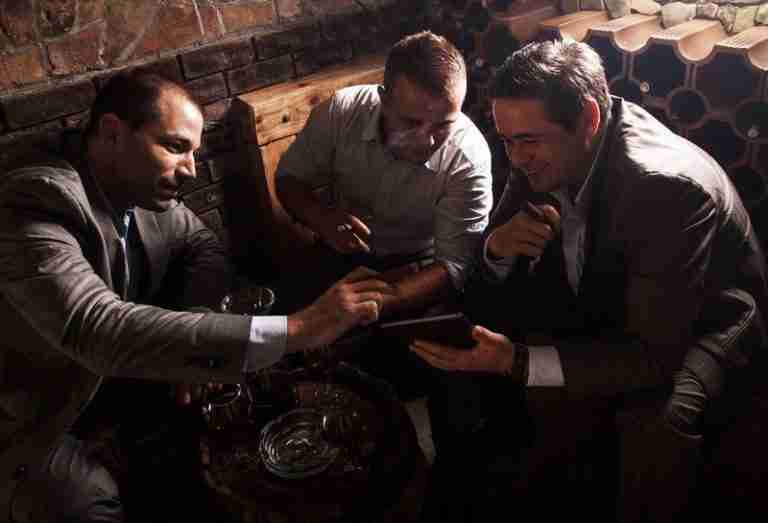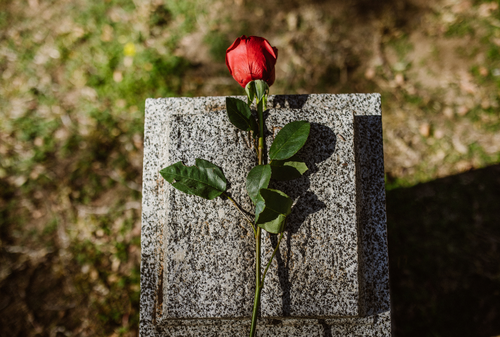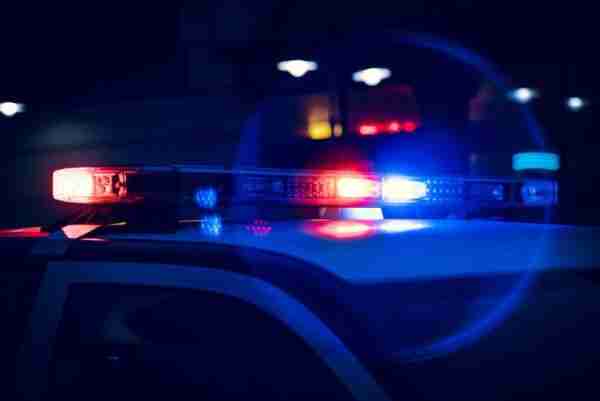The concept of a jury trial is deeply embedded in the fabric of the criminal justice system. A jury represents a cross-section of the community, tasked with evaluating the evidence presented and determining the defendant’s guilt or innocence. This system is designed to ensure that legal decisions are not made solely by legal professionals but also by ordinary citizens who can bring diverse perspectives to the table.
When it comes to criminal defense cases, one of the most underestimated yet vital aspects is the process of jury selection. The composition of the jury can profoundly influence the outcome of a trial, making this phase a critical element in the pursuit of justice. At SHElaw firm®, we understand that the fate of a defendant hinges not only on the evidence presented but also on the individuals chosen to assess that evidence. In this article, our criminal defense attorneys delve into the importance of jury selection in criminal defense cases, highlighting its impact on fair trials and the pursuit of truth.
The Role of Attorneys in the Jury Selection Process
Attorneys play a crucial role in the jury selection process, known as voir dire. This phase of a trial involves questioning potential jurors to determine their suitability to serve on the jury. The attorneys’ objectives during jury selection are to identify potential biases, prejudices, and attitudes that could affect a juror’s impartiality, and to strategically choose jurors who are likely to be receptive to their case. Here’s a closer look at the attorneys’ roles in the jury selection process:
Identifying Biases and Prejudices
One of the primary goals of attorneys during voir dire is to uncover any biases or prejudices that potential jurors might have. Attorneys seek to identify personal opinions, experiences, or beliefs that could impact a juror’s ability to be impartial. This could include biases related to the case’s subject matter, personal experiences, or societal factors.
Developing Case Strategy
Attorneys use the information gathered during jury selection to shape their case strategy. Understanding the potential jurors’ backgrounds, beliefs, and perspectives helps attorneys tailor their arguments and presentations to resonate with the jury. This strategic approach aims to connect with jurors and increase the chances of a favorable verdict.
Exercising Challenges
Attorneys are generally granted a limited number of challenges that allow them to exclude potential jurors without providing a specific reason. These challenges come in two main types: peremptory challenges and challenges for cause. Peremptory challenges can be used to remove jurors without providing a reason, while challenges for cause require demonstrating a valid reason, such as a juror’s inability to be impartial.
Building Rapport
Attorneys aim to establish a connection with potential jurors during voir dire. Building rapport helps create an environment where jurors are more likely to share their true thoughts and feelings. Attorneys use this information to better assess a juror’s suitability and potential biases.
Questioning Techniques
Attorneys employ various questioning techniques to elicit meaningful responses from potential jurors. Open-ended questions, hypothetical scenarios, and probing questions are used to uncover jurors’ underlying beliefs and attitudes. Attorneys may also question jurors individually or as a group, depending on the circumstances.
Analyzing Nonverbal Cues
In addition to verbal responses, attorneys pay attention to nonverbal cues such as body language, facial expressions, and tone of voice. These cues can provide insights into jurors’ emotions and attitudes, helping attorneys make informed decisions about juror selection.
Balancing Juror Profiles
Attorneys aim to create a balanced jury that represents a variety of backgrounds and perspectives. A diverse jury can lead to more well-rounded deliberations and a fairer trial. Attorneys must consider not only individual jurors’ qualities but also the dynamics that will emerge within the jury panel.
Adapting to Changing Circumstances
During the course of jury selection, attorneys must be flexible and adapt to unforeseen developments. They may need to adjust their questioning based on the responses they receive and the evolving dynamics among potential jurors.
In essence, the attorneys’ role in the jury selection process is multifaceted and strategic. By carefully examining potential jurors, uncovering biases, and strategically choosing those who align with their case strategy, attorneys work to build a favorable environment for their client throughout the trial.
What Happens After Jury Selection in a Criminal Trial
Once the jury selection process is complete and the final jurors have been chosen, the criminal trial progresses to the next stage. This phase involves a series of events that collectively form the core of the trial itself. Here’s what typically happens after the jury is selected:
Opening Statements
The trial begins with opening statements from both the prosecution and the defense. Each side presents a brief overview of their case, outlining the evidence they intend to present and the arguments they will make. Opening statements serve to provide jurors with a framework for understanding the upcoming trial.
Presentation of Evidence
After the opening statements, the prosecution and defense present their evidence. This includes witness testimonies, physical evidence, documents, expert opinions, and any other relevant information. The order of presentation usually follows the prosecution’s case-in-chief first, followed by the defense’s case.
Examination and Cross-Examination
Witnesses are examined and cross-examined during the presentation of evidence. The prosecution and defense take turns questioning witnesses. Direct examination allows the side calling the witness to elicit their testimony, while cross-examination allows the opposing side to question the witness to challenge their credibility, clarify statements, or highlight inconsistencies.
Expert Testimony
In cases involving technical or specialized information, expert witnesses may be called to provide their opinions on specific matters. These experts offer their professional insights to help jurors understand complex evidence and issues relevant to the case.
Closing Arguments
Once all evidence has been presented, both the prosecution and the defense deliver closing arguments. During these arguments, attorneys summarize the evidence, reiterate key points, and make their final persuasive appeals to the jury. Closing arguments aim to leave a lasting impression on jurors before they deliberate.
Jury Instructions
Before jurors begin their deliberations, the judge provides them with instructions on the law that applies to the case. These instructions guide jurors on how to interpret the evidence, assess credibility, and apply the relevant legal standards when reaching a verdict.
Jury Deliberations
After receiving the instructions, the jury retires to a private room to deliberate. During deliberations, jurors discuss the evidence, consider the arguments presented, and reach a unanimous verdict if possible. The length of deliberations varies depending on the complexity of the case and the issues involved.
Verdict
Once the jury reaches a verdict, they return to the courtroom, and the verdict is announced. The potential verdicts in a criminal trial are “guilty” or “not guilty.” If the jury cannot reach a unanimous verdict, a “hung jury” occurs, and the judge may declare a mistrial, leading to a potential retrial with a new jury.
Sentencing (if applicable)
If the verdict is “guilty,” a separate sentencing phase may follow, during which the judge determines the appropriate punishment based on the law and any relevant guidelines.
In essence, after the jury selection process, the criminal trial moves into its central phase, where evidence is presented, arguments are made, and the jury’s role as fact-finders and decision-makers comes to the forefront. The outcome of the trial hinges on the effectiveness of the attorneys’ presentations, the credibility of witnesses, and the jury’s careful consideration of the evidence and instructions provided by the court.
Contact SHElaw firm® Today to Make Sure Jury Selection is Fair and Equitable
Jury selection, far more than a procedural formality, embodies the intricate dance of justice. It is a strategic interplay where attorneys meticulously probe the minds and hearts of potential jurors, aiming to unearth biases that might sway the delicate balance of impartiality. In this phase, the architects of legal arguments seek to weave a tapestry of perspectives that will collectively shape the fate of the accused. The task is not just to identify biases but to build a symphony of minds attuned to their client’s narrative, each note resonating with the nuances of the case. Jury selection stands as the threshold where the principles of justice and the intricacies of human psychology converge, determining the canvas upon which the trial’s drama will unfold. SHElaw firm® has a exceptional resume in criminal defense cases, having never lost a case, giving our criminal defense attorneys a leg up in the jury selection process as we know exactly what to look for during the jury selection process. Contact our office today to speak with our skilled team about your case.


